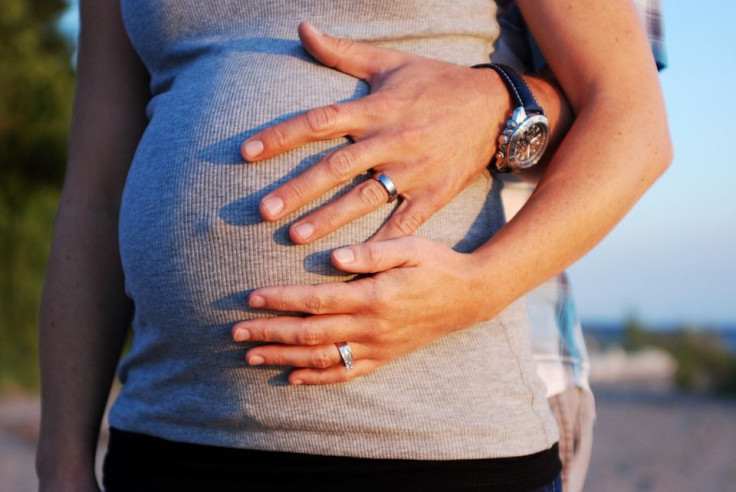Fever During Pregnancy May Increase Autism Spectrum Disorder Risk By 40 Percent, Study Finds

Women who experience a fever during pregnancy may be more likely to have a baby with autism spectrum disorder (ASD), according to new research.
In a Columbia University study, researchers found those who experienced a fever during the second trimester of their pregnancy were 40 times more likely to have a child with ASD. Additionally, they found that those who experienced three or more fevers after the 12th week of pregnancy were 300 times more likely to have a child with ASD, but there were not enough cases to consider the number statistically significant.
Read: Century-Old Drug May Improve Autistic Children’s Core Symptoms, Small Study Finds
This study builds on findings from previous research that suggests infections during pregnancy may increase the risk of autism. It’s believed that a mother’s immune response to infections could affect the fetus’ central nervous system development. A past study found that women who actively had genital herpes early in pregnancy were also more likely to have a child with autism.
In the new research, published in the journal Molecular Psychiatry, more than 95,700 children born between 1999 and 2009 in Norway were followed, all of whom were enrolled in the Autism Birth Cohort. Of those, 583 were diagnosed with ASD. About 15,700 of the children’s mothers reported experiencing a fever at least once during their pregnancy.
“Fever seems to be the driving force here,” not the infection itself, study author Mady Hornig told The Washington Post. When a person gets an infection, their body often produces a fever to help fight it off, and molecules produced by a mother’s immune system may impact the baby’s brain development, Hornig explained.
Read: Dramatic Video Shows Autistic Toddler Rescued From Pond; Plus Tips To Teach Water Safety
A fever is a symptom of many types of infections, but the study authors didn’t explore the specific types which may lead to ASD. However, they are currently testing blood samples collected during mid-pregnancy and at birth to identify specific infectious agents that may cause complications.
“Future work should focus on identifying and preventing prenatal infections and inflammatory responses that may contribute to autism spectrum disorder,” senior author W. Ian Lipkin said in a statement.
About 1 in 68 children are diagnosed with ASD, according to the Centers for Disease Control and Prevention. ASD refers to a group of developmental disorders, which affect people in many different ways. While severity level can vary among children, some of the common characteristics include ongoing social problems, repetitive behaviors, limited interests, and symptoms that are typically recognized in the child’s first two years of life, according to the National Institute of Mental Health. Diagnosing ASD in children involves looking at their behavior and development. While the exact cause is unknown, those who have a sibling with ASD, older parents at the time of birth, and certain genetic conditions, have a higher risk of being diagnosed.
See also: Taking Vitamin D Supplements During Pregnancy May Protect Against Childhood Asthma
Gaining A Little Weight Before Pregnancy May Increase Risk Of Gestational Diabetes, Study Says



























